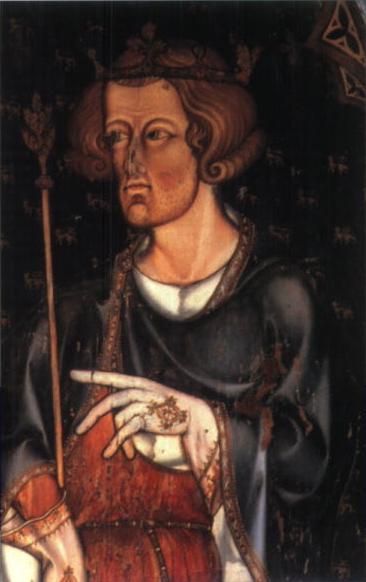House of Plantagenet
Episode #4 of the course “Most powerful families in history”
The Plantagenet House of England was a line of rulers originating from the French House of Anjou. In 1154, the Count of Anjou, Geoffrey, married the empress Mathilde, daughter of England’s King Henry I. They established a new family line that would rule Britain for over 300 years. Although never an official surname, “Plantagenet” is rumored to derive from a nickname given to Geoffrey and is used to identify this line of British royalty.
The Plantagenet rulers include 14 of England’s most famous and productive medieval kings. Among them, they increased England’s political influence and wealth by expanding the kingdom. Several kings of the Plantagenet house orchestrated England’s involvement in the medieval Crusades. The famous “King Richard” of the Robin Hood legend is Richard I, known as “Richard the Lionheart,” who ruled from 1189 to 1199 CE. He led troops against Saladin in the Third Crusade but had to return to England to defend his throne from plots led by his brother, Prince John.
Another of the best known Plantagenet kings is Edward I, also known as “Edward the Longshanks,” who ruled from 1272 to 1307. It was Edward I who conquered Wales and fought to obtain Scotland; he organized the campaigns against Scotland’s William Wallace and Robert the Bruce depicted in the movie Braveheart. Edward I’s grandson, Edward III, again attempted to subdue Scotland (and fathered 14 children who fought among themselves for power, causing England’s War of the Roses).
 Portrait in Westminster Abbey, thought to be of Edward I
Portrait in Westminster Abbey, thought to be of Edward I
The Plantagenet line ended with the death of Richard III in 1485, after which the House of Tudor came to power. However, the influence of the Plantagenets extended far beyond that year. It was because of King John’s oppressive policies and ruthlessness that the Magna Carta was written and enacted in 1215; this pivotal document laid the foundation for many of the world’s modern democracies.
Share with friends

